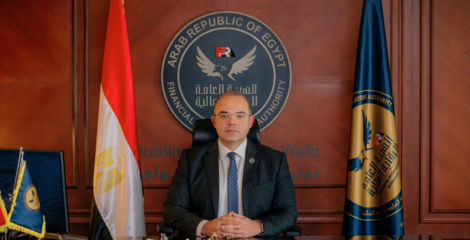– The Central Bank of Egypt (CBE) has mandated that banks must open accounts for non-resident foreign clients, providing them access to various banking services.
– This directive builds on an April 2016 communication, which addressed complaints from foreign clients about banks refusing to open accounts, potentially leading to unregulated financial activities.
– Banks are required to follow existing regulatory controls and due diligence procedures when opening accounts for non-resident foreign clients, ensuring compliance with CBE guidelines.
The Central Bank of Egypt (CBE) has issued a directive instructing Egyptian banks to open accounts for foreign clients who are not residents of the country, allowing them to access various banking services. This directive was communicated through a circular released by the CBE, highlighting the importance of providing banking access to non-resident foreigners.
This recent directive builds upon a previous communication from April 2016, where the CBE addressed concerns about certain banks refusing to open accounts for foreign clients who were not residing in Egypt.
At that time, foreign clients had raised complaints that such refusals hindered their ability to benefit from essential banking services and products. They also expressed worries that this could push financial transactions outside the regulated banking sector, thereby increasing the risks associated with unmonitored financial activities.
The CBE’s latest directive emphasizes that while banks are required to open accounts for non-resident foreign clients, this should be done in compliance with the existing regulatory framework.
Banks are expected to adhere to the controls and rules governing account openings, ensuring that normal due diligence procedures are applied to all clients.
This move by the CBE is part of a broader effort to enhance financial inclusion, promote transparency, and reduce the risks of unregulated financial transactions, particularly for foreign nationals who may have legitimate reasons to hold accounts in Egypt.
If you see something out of place or would like to contribute to this story, check out our Ethics and Policy section.














